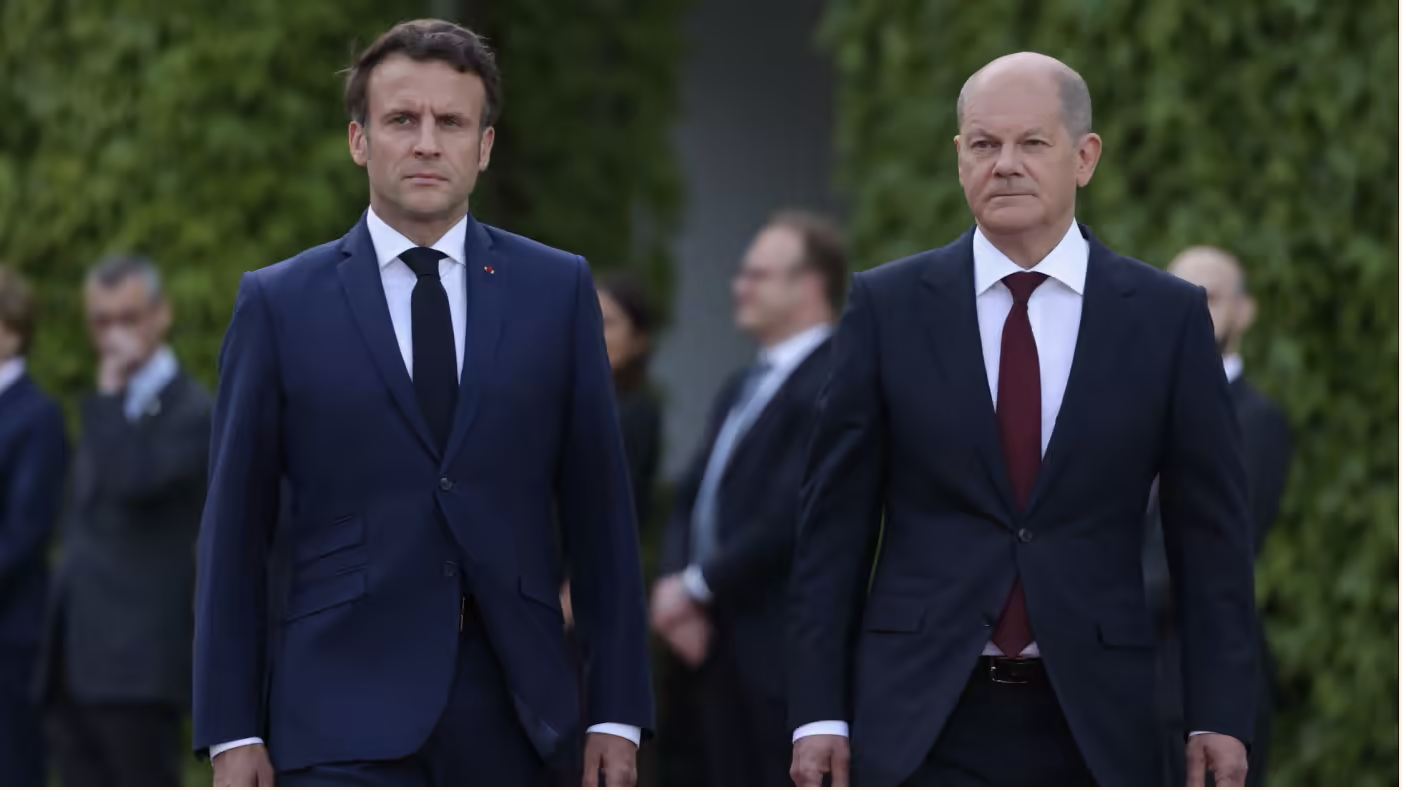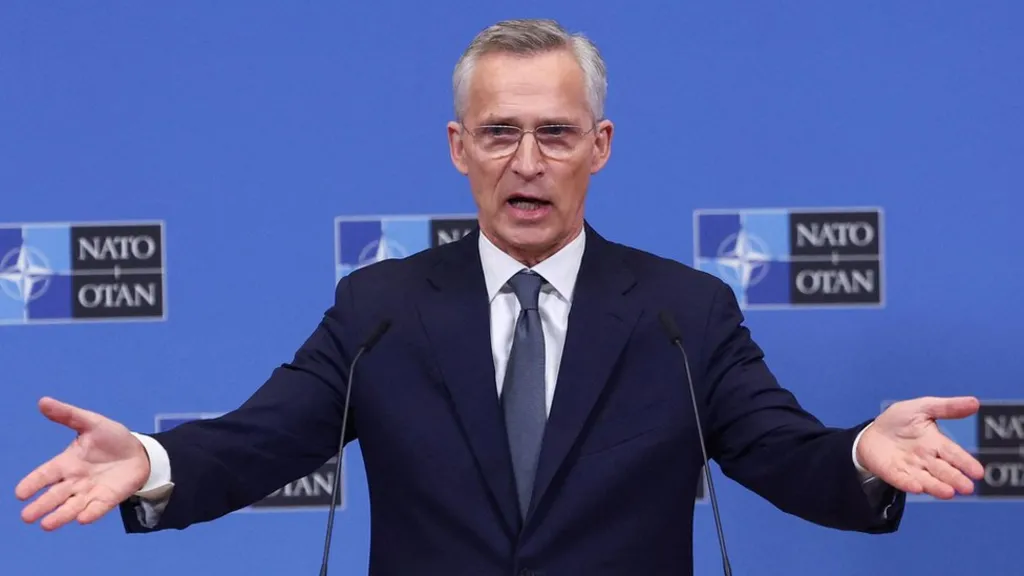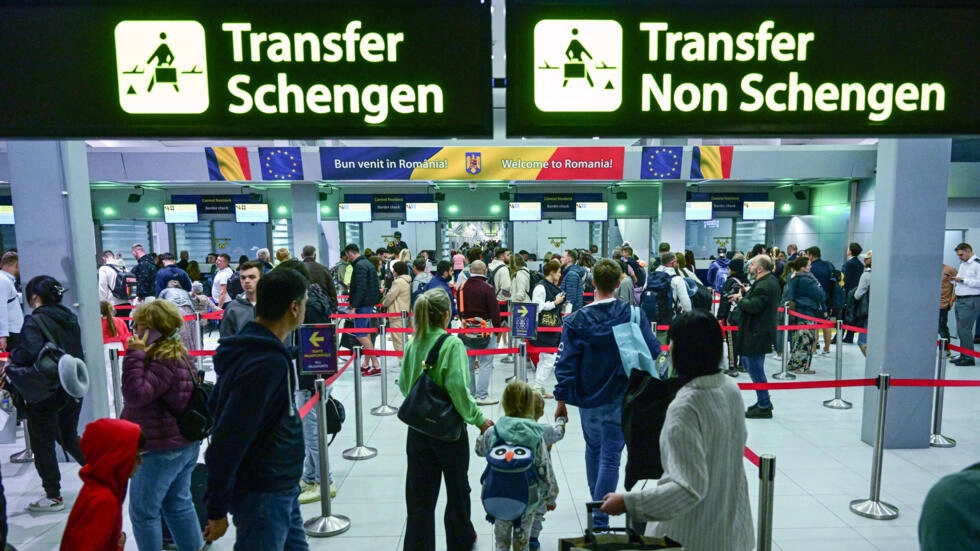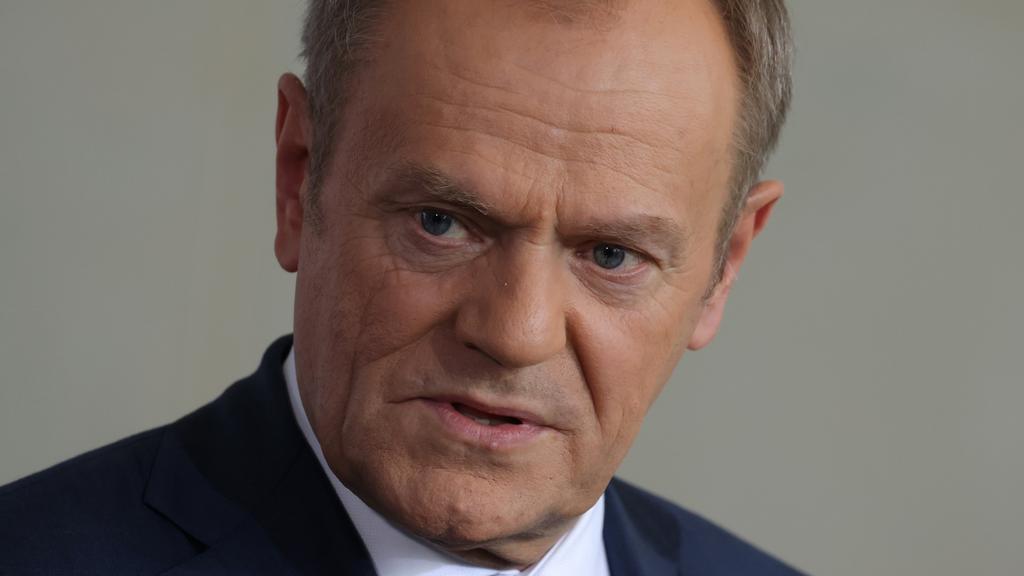This article is more than
1 year old
Europe
The breakdown of French-German relations augurs ill for the EU
April 16, 2023 at 07:48

Progress on enlargement, the budget and governance will be close to impossible without harmony between Paris and Berlin
The author is managing director for Europe at Eurasia Group
The French-German “motor” that has been at the EU’s heart for six decades has broken down. The biggest culprit is the new government in Berlin. Chancellor Olaf Scholz is mostly concerned with the unity of his coalition and Germany’s economy. If he lifts his head to contemplate the world outside Germany, it is usually to gaze across the Atlantic, not towards Paris or Brussels.For proof, look no further than Scholz’s speech on Europe in Prague last August. The chancellor made only passing reference to France. French president Emmanuel Macron’s speech on Europe at the Sorbonne in 2017 mentioned Germany six times.
Scholz’s biggest problem is that his coalition’s smallest party, the Free Democrats, is fighting for survival, having been kicked out of three state parliaments since the federal election in September 2021. They also risk defeat in elections in Bavaria and Hesse this autumn. They have reverted to first principles — uncompromising positions on Europe, fiscal policy and climate change — to try to claw back support.
Without the liberals, Scholz’s government would fall. He would also be unable to fashion a new majority, given the current array of forces in the Bundestag. This explains the defensiveness of Scholz’s European agenda, and why he withdrew his government’s support for the EU’s combustion engine ban from 2035, although it was considered a done deal in Brussels.
Macron is not free from blame. He has a tendency to go off-script, as shown by his much criticised recent comments on Taiwan. And he can be hypocritical. He complained about German energy-price subsidies after France spent €100bn on subsidies of its own.
The Franco-German duo has had temporary breakdowns in the past. Chancellor Gerhard Schröder and President Jacques Chirac scarcely spoke to one another for several months after a row over EU farm policy in 1999. Chancellor Angela Merkel and presidents Nicolas Sarkozy and François Hollande had poor starts to what eventually became fruitful marriages, on Merkel’s terms, in 2007-2012 and 2012-2017.
But the present chill in relations reflects something more fundamental. Germany’s new power structure seems uninterested or unwilling to think in European terms. Without them, Macron has little hope of realising his vision of a “sovereign” Europe, diplomatically independent of the US without being dependent on China.
The breakdown is already undermining the EU’s agenda in areas such as climate. It casts doubt over the reform of the EU’s fiscal framework, the Stability and Growth Pact, creating less predictability for investors on the sustainability of public finances in Europe’s high-deficit, high-debt economies. It also makes a credible response to the US Inflation Reduction Act less likely, as European Commission president Ursula von der Leyen scrapes the EU budget barrel to fund a collective European response.
Yet it raises more fundamental questions about the EU’s strategic priorities, especially as a new commission takes office after next year’s European parliament elections. The thorniest issues will concern the EU’s enlargement to Ukraine, Moldova and the western Balkans, and the budgetary and governance implications that will follow. Wholesale treaty change seems unavoidable. But making progress on these issues — as well as who in Brussels would be best placed to advance them — will be difficult, if not impossible, without alignment between Paris and Berlin.
Most of the EU’s great achievements in the last six decades were framed jointly by Germany and France or were shaped by Franco-German compromises. The 1957 Treaty of Rome had many founding fathers but would not have happened without a deal between Konrad Adenauer and Charles de Gaulle.
The Single European Act of 1992 was partly the work of that unlikely couple, Jacques Delors and Margaret Thatcher, but would have flopped without Helmut Kohl and François Mitterrand, whose friendship was symbolised by their stroll hand in hand at Verdun in 1984. The euro was in large part created by Kohl and Mitterrand as a counterweight to German unification.
France and Germany cannot — and should not — dominate the EU27 as they did the original six and, to Britain’s discomfort, the nine, 10 and 12. Decisions in Europe should now be a more collective endeavour.
But Berlin and Paris would do well to recognise a fundamental truth. Their relationship is about more than France and Germany. It serves a higher purpose. It is a proving ground — a forge, a laboratory — for what is possible at the EU level. Nothing substantial can happen in Europe unless its two largest economies see eye to eye.
Keywords
Newer articles
Advertisement
In case you missed it
<p>Diddy's homes were recently raided in Los Angeles and Miami by Homeland Security.</p>
India calls for ‘immediate de-escalation’ amid Israel-Iran tensions
Why Israel is risking a dramatic escalation with Iran
Israel’s War Leaders Don’t Trust One Another
Trump offers conditions for Ukraine aid renewal
Bianca Censori stuns in extreme v-neck dress
Iron Dome, David’s Sling, Arrow: Israel’s air defense against Iran, explained
OJ Simpson to be cremated and no plans to donate brain to science, lawyer says
US helped Israel take down ‘nearly all’ Iranian drones and missiles – Biden
‘Their tactics have changed’: Russia’s bid to blow apart Ukraine’s power grid




